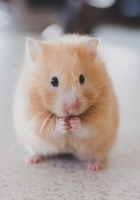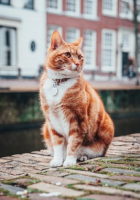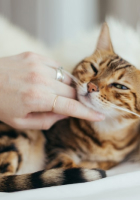A cat’s meow is a way of interacting with people. Cats meow for many reasons—to greet their human, inform them when something’s wrong, and ask for things.
Kittens meow to let their mother know they’re hungry or cold, but cats don’t meow to other cats once they reach a certain age. But they will continue to meow to people, presumably because meowing gets humans to do what they desire.
Cats also yowl—a similar sound to the meow but more mellow and tuneful. Unlike meowing, adult cats do yowl at one another, especially during the breeding season.
What happens when your cat won’t stop meowing? When does meowing become excessive? Well, what’s excessive to you may not be excessive for others – it’s personal. Cats meow; this is what they do, and it’s normal. However, some cats meow more than usual, and if you’re a responsible pet parent, you’ll take notice.
Why Do Cats Meow?
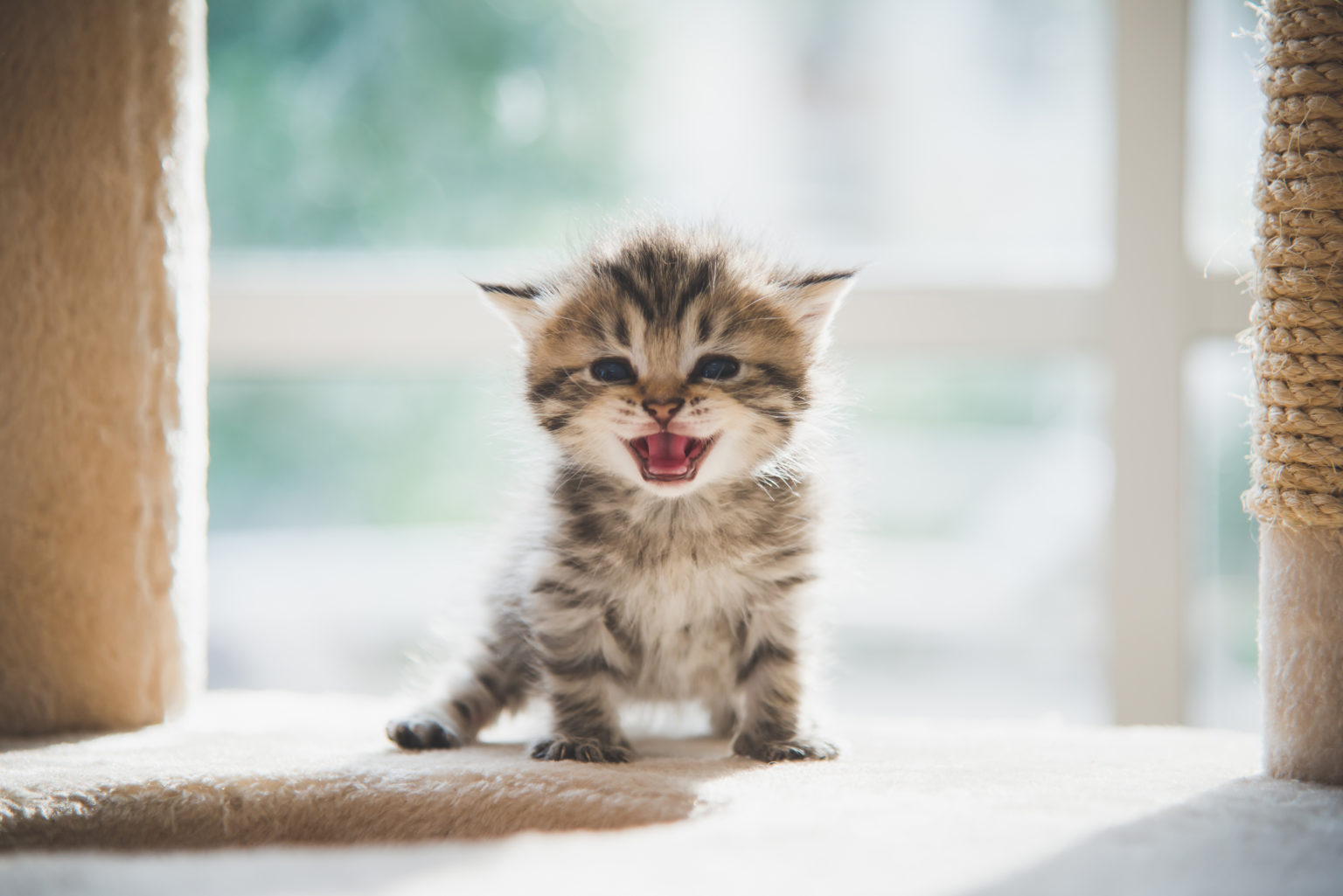
Some of the most common reasons why cats meow include:
- To say hello: Cats meow when they greet their parents when they come home or when you speak to them.
- To request attention: Cats appreciate connecting with people, and some will be pretty vocal when requesting attention. She may need some cuddles or simply to be talked to. Cats who are left alone for long periods may be more likely to meow excessively.
- To ask for food: Cats enjoy eating, and they can be pretty demanding vocally around mealtimes. Some cats have evolved to meowing whenever someone enters the kitchen, just in case that person might be the food bearer. Others have learned to meow to wake you up to give them breakfast.
- To ask to be let in or out: A cat’s meowing is the only way to let her parents know what she wants. That said, if she wants to venture outside, she’ll most likely learn to meow at the door until you open it for her. If you’re trying to transition an outdoor cat to living exclusively indoors, you may be in for a period of endless meowing at random times of the day. This is not a subtle change for an outdoor cat, and it will likely take several weeks or even months for it to stop.
- Cats get old: Elderly cats experiencing any sort of mental disorder or cognitive dysfunction may meow if they are disoriented—a common symptom of the feline version of Alzheimer’s Disease. If you believe your cat is suffering from debilitating conditions, please read this article, Behavior Problems in Older Cats.
- To find a partner: Cats in heat are more likely to yowl when they’re in the presence of other heating cats. Females yowl to announce their availability to males, and males yowl to find those females.
What Can You Do About Your Screaming Cat
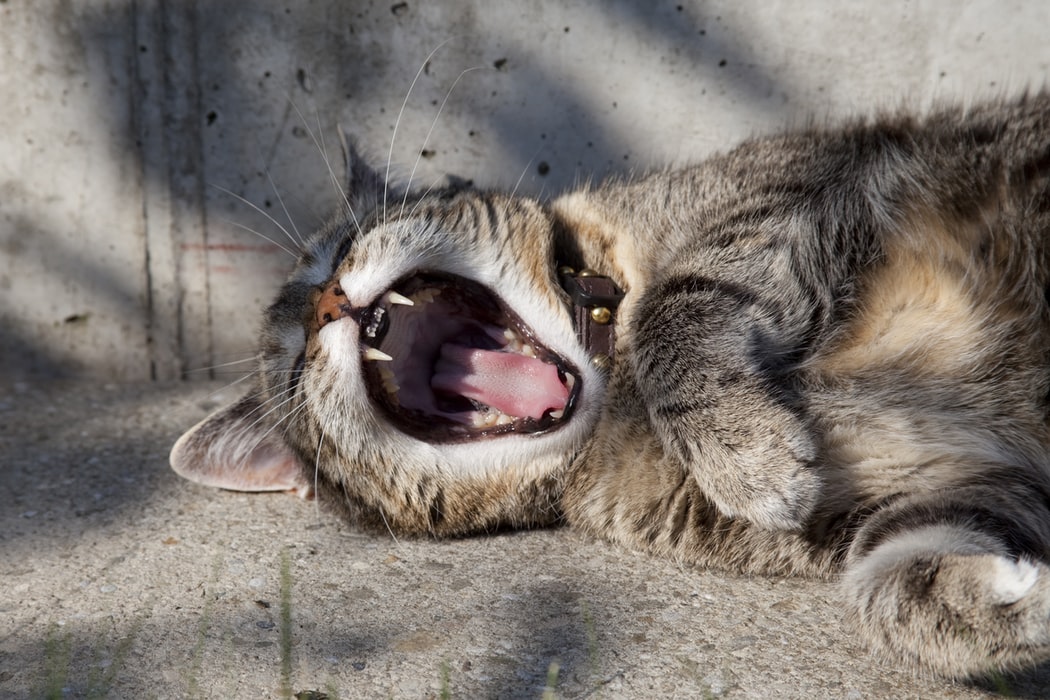
Before you attempt to solve your cat’s excessive vocalizing, you need to determine the problem. Be mindful of the circumstances around the meowing and make notes of what seems to make it stop. Many pet parents claim it helps keep a logbook to look for patterns when she vocalizes excessively. Try these recommendations to help her manage her vocalizations:
- If your cat constantly meows for attention, train her that you’ll only grant her demands if she stops ranting. Refrain from shouting at her or giving her any kind of attention. Be patient and wait for her to stop. Once the vocalization stops, give her the attention she desires. If she proceeds to meow again, leave her alone and walk away. Only return when she’s quiet. If you stay the course, she will adapt to the new norm.
- If you think your cat screams out of solitude because you’re not around as much as you were, consider hiring a pet sitter to come to the house to spend some time with her during the day.
- A female cat who is in heat and isn’t spayed will meow excessively. Female cats in heat can become oddly affectionate, brush against you more, purr—and meow A LOT. This ordeal can last up to ten days. An unspayed female cat who doesn’t get her way with a male cat will be in heat every 18 to 24 days during the breeding season. Indoor cats who don’t have access to other cats may continue to come into heat all year. The most reliable way to reduce the excessive meowing induced by the cycle is to have her spayed.
- If your male cat isn’t neutered and he meows a lot, he may hear or smell a nearby female cat in heat. He is likely to meow relentlessly throughout the female’s entire heat cycle. Fortunately, you can effectively prevent him from detecting females in heat by having him neutered.
- If you live with an elderly cat and she has just started meowing excessively, consider having her evaluated by your vet for medical conditions.
Takeaway
If your cat has been meowing and yowling more than before, start taking some notes. You know her better than anyone. Try these recommendations and see what works. If everything fails, the next step is to work with your veterinarian to find the source of the crying and devise a solution. We hope your kitty gets better!
